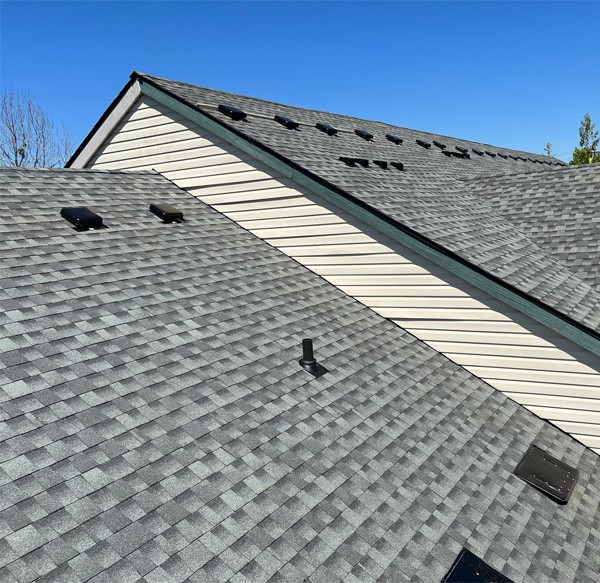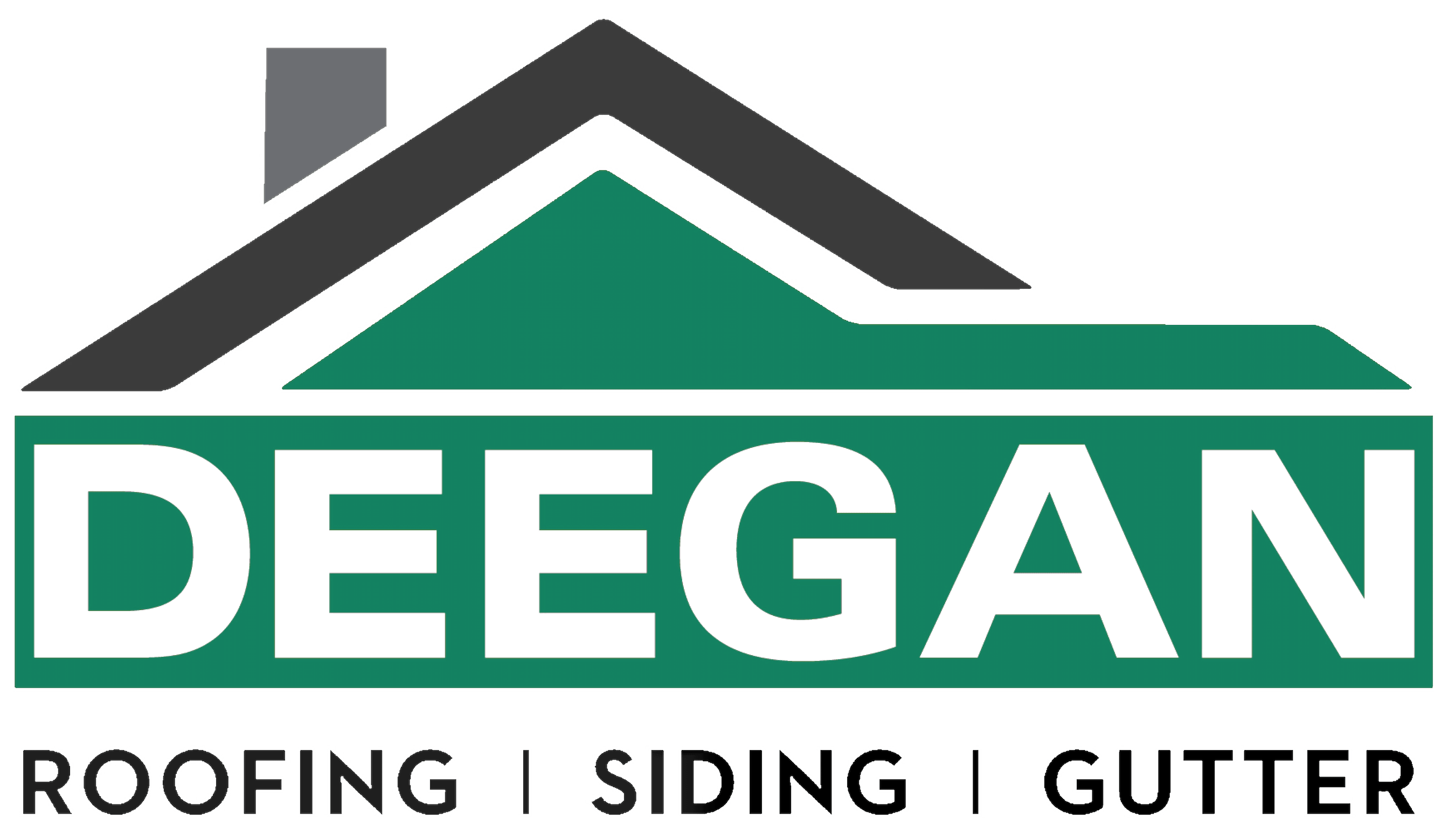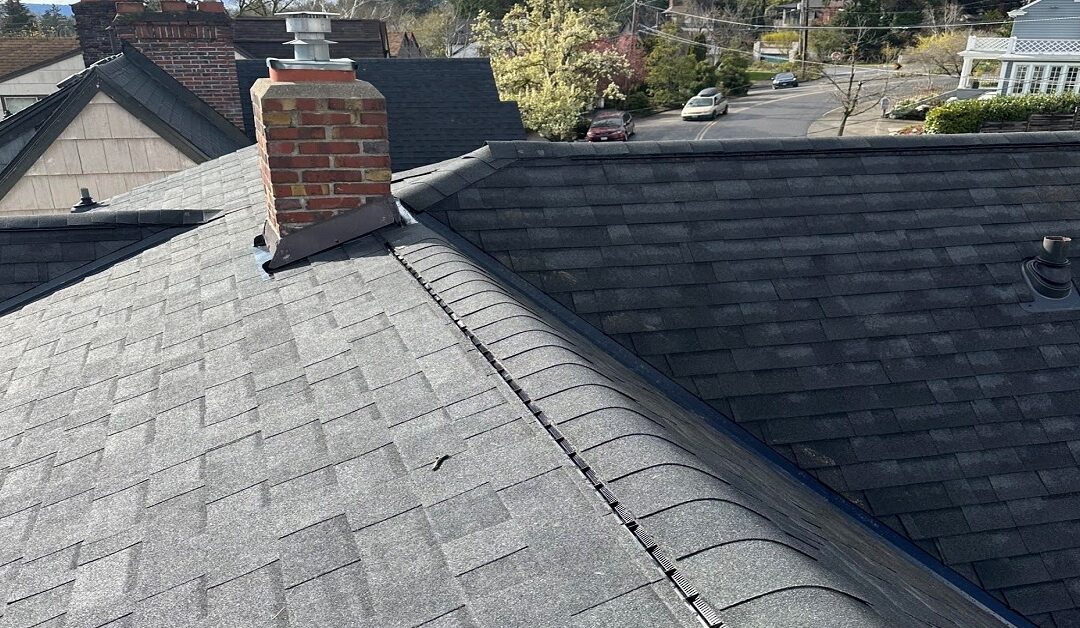Do you know if you need a roof replacement in Bridgewater? Maintaining the integrity of your home’s roof is one of the most important aspects of homeownership. In Bridgewater varying weather patterns can subject your roof to harsh conditions year-round, knowing when to replace your roof is crucial. A roof that is in poor condition can lead to a wide range of problems, from leaks and water damage to energy inefficiency and structural issues. But how do you know when it’s time for a Bridgewater roof replacement? Here are the key signs to look out for.
Roof Replacement in Bridgewater | Is it Time to Replace Your Roof?
1. Age of the Roof
The age of your roof is one of the most critical indicators that you may need a Bridgewater roof replacement. Most roofs are designed to last between 20 and 30 years, depending on the materials used and the weather conditions. Asphalt shingles, the most common roofing material, have a lifespan of about 20 to 25 years. If your roof is nearing the end of its expected lifespan, it’s time to consider a replacement, even if it doesn’t appear to be in bad shape. Newer roofing technologies can offer better energy efficiency, durability, and curb appeal.
In Bridgewater, the cold winters and hot, humid summers can speed up the aging process. If your roof was installed 20 years ago, it may have experienced enough wear and tear to require replacement sooner than expected.
2. Curling or Missing Shingles
Take a look at your roof from the ground or from a safe vantage point. Are the shingles curling, cracking, or missing altogether? This is a telltale sign that your roof is no longer offering full protection. Curled shingles are particularly vulnerable to wind and water damage, which can quickly escalate into leaks and structural issues. Missing shingles leave parts of your roof exposed to the elements, making it easier for moisture to penetrate your home.
In Bridgewater, where strong winds, snowstorms, and heavy rainfall are common, shingles are more likely to be damaged. Curling or missing shingles should be addressed immediately, as they can compromise the integrity of the entire roof.
 3. Leaks and Water Damage
3. Leaks and Water Damage
Water damage is one of the most significant indicators that your roof needs attention. If you notice water stains on your ceiling or walls, or if you see damp spots in your attic, it’s likely that your roof has a leak. Leaks can occur for several reasons, including missing or damaged shingles, worn-out flashing, or poorly sealed roof penetrations (such as vents and chimneys). Even a small leak can cause serious damage to your home’s structure if not addressed promptly.
In Bridgewater, heavy rain and snowmelt can exacerbate any existing weaknesses in your roof, making it more susceptible to leaks. If you notice water damage in your home, call a roofing professional to assess the situation as soon as possible.
4. Granules in the Gutter
If you find granules from your shingles collecting in your gutters, it’s a sign that your roof is deteriorating. Asphalt shingles are coated with granules to protect them from the sun’s UV rays and enhance their durability. Over time, these granules can wear off, especially after severe weather events like hailstorms or heavy wind. When the granules wear away, the shingles become more susceptible to damage and wear out faster.
Granule loss is a common problem where strong winds and hailstorms can strip shingles of their protective layers. If you’re regularly finding granules in your gutters or downspouts, it’s time to consider a Bridgewater roof replacement.
5. Sagging Roof
A sagging roof is a serious structural issue that requires immediate attention. Sagging can be caused by several factors, including water damage, a weakened foundation, or excessive weight from snow and ice accumulation. In Bridgewater, the harsh winter months often bring heavy snowfall, which can place a significant amount of stress on your roof. If your roof is sagging, it’s no longer able to support this weight effectively, and its structural integrity may be compromised.
A sagging roof is not something that can be easily repaired—often, the entire roof structure will need to be replaced. If you notice any signs of sagging, contact a professional Bridgewater roofer right away.
6. Moss or Algae Growth
While moss and algae might seem like harmless plants, they can cause significant damage to your roof if left unchecked. Moss tends to grow in areas of your roof that are shaded and damp, and it can trap moisture against the surface of the shingles. Over time, this moisture can lead to rot and decay, weakening the structural integrity of your roof.
Algae, on the other hand, can create dark streaks on your roof and degrade the shingles, reducing their effectiveness. Both moss and algae are common in areas like NJ, where humid conditions provide an ideal environment for their growth. Regular roof cleaning can help, but if the growth is extensive, it might be time to consider a roof replacement in Bridgewater.
7. High Energy Bills
If you’ve noticed an unexplained increase in your energy bills, your roof could be to blame. An aging or damaged roof may no longer provide adequate insulation, allowing hot or cold air to escape from your home. This forces your HVAC system to work harder to maintain a comfortable temperature, leading to higher energy costs. In Bridgewater, where winters can be frigid and summers can be sweltering, energy efficiency is especially important.
A new roof with modern insulation and energy-efficient materials can help reduce your energy consumption and lower your utility bills.
8. Storm Damage
Bridgewater is no stranger to severe weather, including thunderstorms, snowstorms, and high winds. After any major weather event, it’s essential to inspect your roof for signs of damage. Even if your roof appears to have survived the storm unscathed, there may be hidden damage that could lead to problems down the line. Look for broken or missing shingles, damaged flashing, and leaks.
If your roof has sustained significant storm damage, it’s often more cost-effective to replace the entire roof rather than attempt repairs. Storm damage can weaken the overall structure of your roof, making it more prone to future problems.
Your roof is your home’s first line of defense against the elements, and keeping it in good condition is essential for protecting your home and maintaining its value. In NJ, the weather can take a toll on your roof, so it’s important to be vigilant for signs that it may need replacement. If your roof is showing any of the signs mentioned above—whether it’s missing shingles, leaks, or sagging—it’s time to call a roofing professional for an inspection. Getting a roof replacement in Bridgewater when necessary will save you money in the long run by preventing more extensive damage and ensuring your home remains safe and comfortable for years to come.

